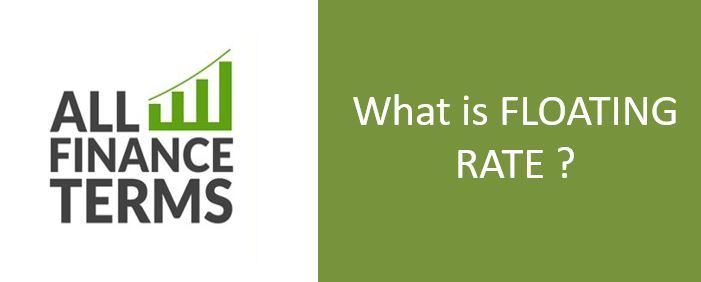Definition of FLOATING RATE
Floating interest rate also known as adjustable or variable interest rate is a type of financial or debt instrument that does not have fixed rate of interest during the life of the instrument.
Brief Explanation of FLOATING RATE
Floating interest rate normally changes over the life of the instrument and the factors includes the following:
Inflation:
- Inflation is one of the main factors or exchanged interest rate. Countries with low inflation rate shows power in their currency and vice versa.
Political environment:
- Political instability can crash the market and exchange rate. People then try to find a place to invest where the market and economic situation is strong and stable enough.
ADVANTAGES OF FLOATING RATES:
- Flexibility
- Taking in the effect of inflation
- Low reserves required to develop the economy
- Free floating means independence to the Government and Central bank
DISADVANTAGES OF FLOATING RATES:
- The main disadvantage is uncertainty. The holder of investment would have no clue of what he is going to receive in future.
- Lack of Discipline
- The uncertainty may discourage investors to invest their money.


